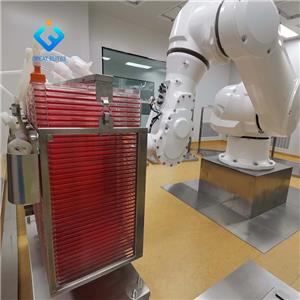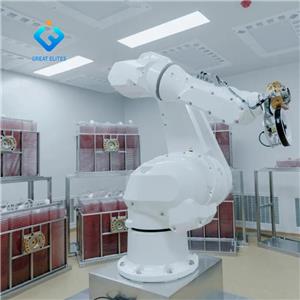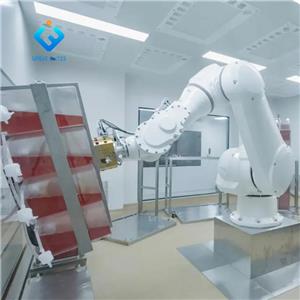Vaccine development stage 2
Vaccine development stage 2
Nucleic acid vaccine is also called gene vaccine or DNA vaccine. Because nucleic acid vaccine does not need carrier and adjuvant when it is injected into muscle, it is also called naked nucleic acid vaccine. By intramuscular injection, this kind of vaccine can obtain more lasting antigen expression in muscle cells. This antigen can induce antibody production, T cell proliferation and cytokine release, especially the cytotoxic T cell (CTL) killing effect. The specific immune response mediated by cytotoxic T cells plays an important role in anti-tumor, anti-virus and elimination of intracellular parasitic infection. Among the numerous vaccines, nucleic acid vaccine has attracted much attention due to its unique advantages.
The unexpected experimental results of Wolff et al. and Acell's gene delivery system provided conditions for the discovery of nucleic acid vaccine. In the late 1980s and early 1990s, gene therapy experiments were conducted with nucleic acids expressing gene products. The naked gene without any treatment can express protein in muscle cells. This product can be expressed in skeletal muscle cells for 2 months, and can induce immune responses in the body, thus setting off a research boom in nucleic acid vaccines.
Nucleic acid vaccine can effectively and persistently induce cellular and humoral immune responses. For example, the nucleic acid vaccine of hepatitis B virus has significant effect. The nucleic acid vaccine has low cost, no separation and purification, easy operation and stable properties. It can be stored at room temperature and even transfected into food cells. For example, the hepatitis B virus nucleic acid vaccine is inserted into the genome of tomato cells, and the vaccine is inoculated when eating tomatoes. Because nucleic acid vaccine itself has many advantages that traditional vaccines do not have, it will be widely used in the immune prevention and treatment of human or animal infectious diseases, tumors, autoimmune diseases, hypersensitivity reactions, immune defects and other diseases. Although some gratifying achievements have been made in the research of nucleic acid vaccine, it will not replace the traditional vaccine currently used in the short term in practical application.




